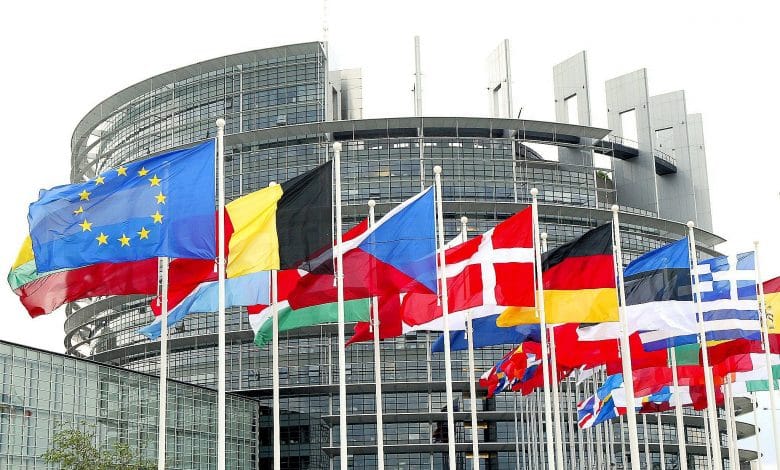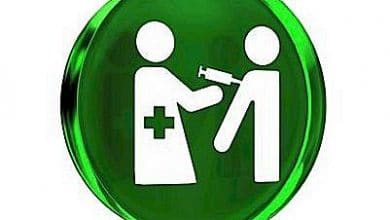
Deregulation of drugs in the EU: different and difficult to measure effects
EMA passes from Dg Health to Dg Industry. Garattini: a serious step backwards
In the next five years of the European Commission's work, the European Medicines Agency (EMA) will carry out its activities by relating to the Directorate for industry, the market and businesses and no longer with the one that deals with health. The move was announced on 10 September by the president-elect of the Commission, Jean-Claude Juncker, during the presentation of his new team which sees as European Commissioner for Health and Food Safety Vytenis Andriukaitis a doctor and former Minister of Health in his country, Lithuania. The shift has affected on the one hand the Directorate General for Health and Consumers (Sanco) where so far the EMA had found its institutional location, alongside EFSA which deals with food safety and ECDPC which deals with the prevention and control of pathologies. On the other hand, the Directorate for Industry, the Market and Enterprises which from now on will also be responsible for relations with the EMA and with the European Chemical Agency. "We have returned to the past by taking a very serious step backwards for the health of patients, a choice that certainly does not bode well for the desired change by the EMA towards greater transparency" comments Silvio Garattini pharmacologist and director of the Mario Negri Institute of Milan which had already dealt with this shift when, before 2010, the EMA was under the Directorate of Industries and Businesses. «I had protested strongly then precisely to ensure that the activity of a body such as the EMA, so important for the approval of new drugs, passed under the Directorate of Health and Consumers. The current decision» he continues «implies that medicines are considered as a consumer good, and not as a good for health. There is a clear conflict of interest between a body that has patient health as a priority and the management of industries that have other interests. I hope that there is good sense to go back on this decision because it represents a change of direction of drug policy in Europe which risks harming the sick".
Simone Zazzetta
Saturday, September 13, 2014 – Doctor33
Deregulation of drugs in the EU: different and difficult to measure effects
Deregulation, not adopted in all European states, has had different and conflicting effects on the creation of new points of sale and on the pharmaceutical service itself, depending on the type of reality in which it intervened. The data emerges from a article published by Health policy by health economics experts who investigated the impact of the pharmacy deregulation policy on the accessibility of medicines, the quality of the pharmaceutical service and its costs, analyzing the experiences of some European states in which the maneuver is already
 effective for several years. Based on around fifteen indicators, the study measured the impact of deregulation of the sale of medicines in five countries, Ireland, England, Sweden, Norway and the Netherlands, around ten years after its introduction, compared to the situation in others four countries, Spain, Austria, Denmark and Finland, which have not yet implemented it. The first observation that emerges is that deregulation seems to have mixed consequences as regards the creation of new outlets. In Norway and Sweden, while the number of pharmacies has increased rapidly in urban areas, this has not happened in rural areas, where access to medicines has become more difficult. Similarly, in Sweden, deregulation has led, together with new competitive pressures, to a deterioration of working conditions and the quality of services provided by pharmacists. Paradoxically, the new situation has concentrated the network into a monopoly of large pharmacy chains, as in Norway where the country's 81% pharmacies are owned by three large groups. But much more important is the main conclusion of the authors of this survey "there is no evidence that the prices of non-prescription drugs have decreased in countries that have implemented pharmacy deregulation". (EL)
effective for several years. Based on around fifteen indicators, the study measured the impact of deregulation of the sale of medicines in five countries, Ireland, England, Sweden, Norway and the Netherlands, around ten years after its introduction, compared to the situation in others four countries, Spain, Austria, Denmark and Finland, which have not yet implemented it. The first observation that emerges is that deregulation seems to have mixed consequences as regards the creation of new outlets. In Norway and Sweden, while the number of pharmacies has increased rapidly in urban areas, this has not happened in rural areas, where access to medicines has become more difficult. Similarly, in Sweden, deregulation has led, together with new competitive pressures, to a deterioration of working conditions and the quality of services provided by pharmacists. Paradoxically, the new situation has concentrated the network into a monopoly of large pharmacy chains, as in Norway where the country's 81% pharmacies are owned by three large groups. But much more important is the main conclusion of the authors of this survey "there is no evidence that the prices of non-prescription drugs have decreased in countries that have implemented pharmacy deregulation". (EL)





